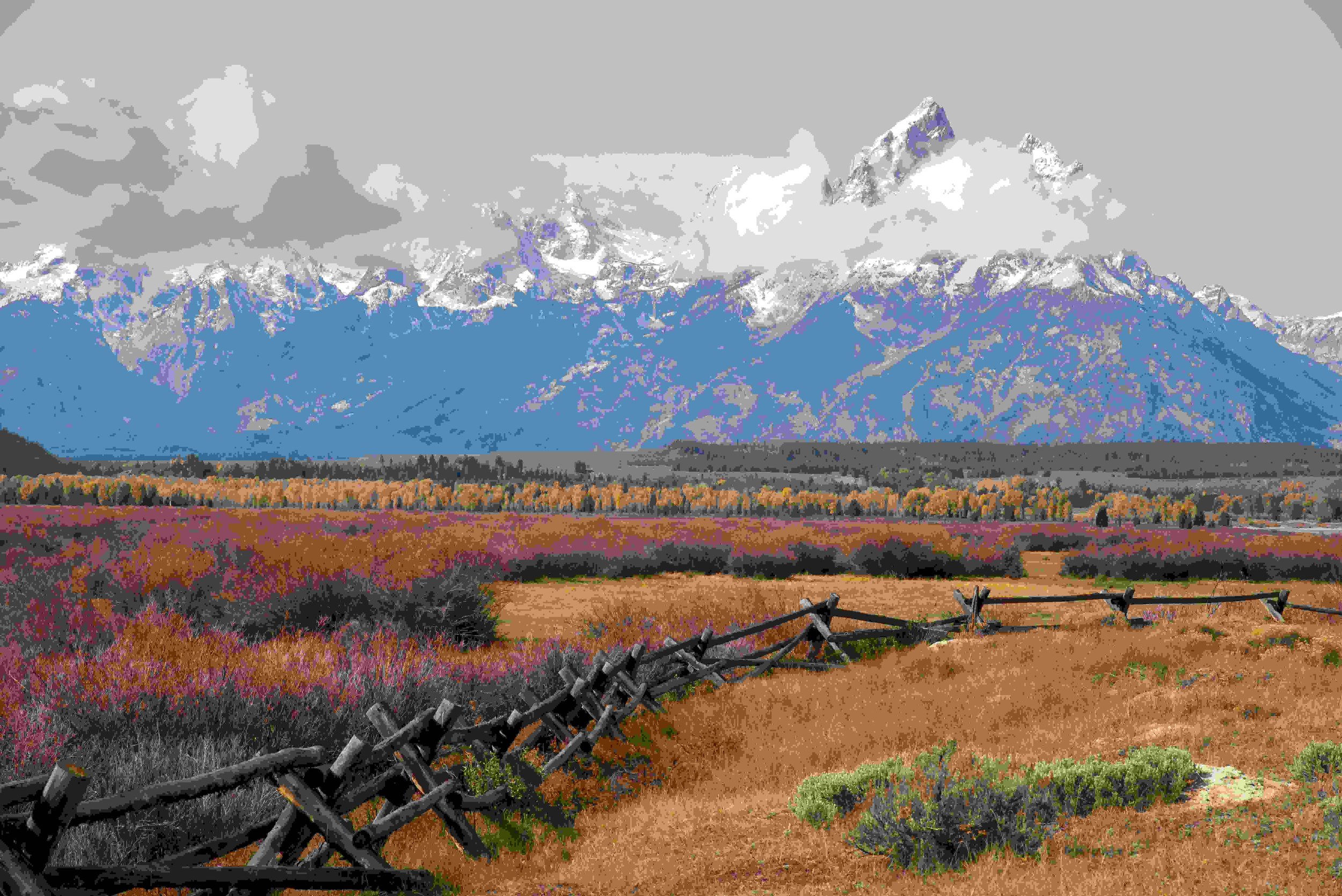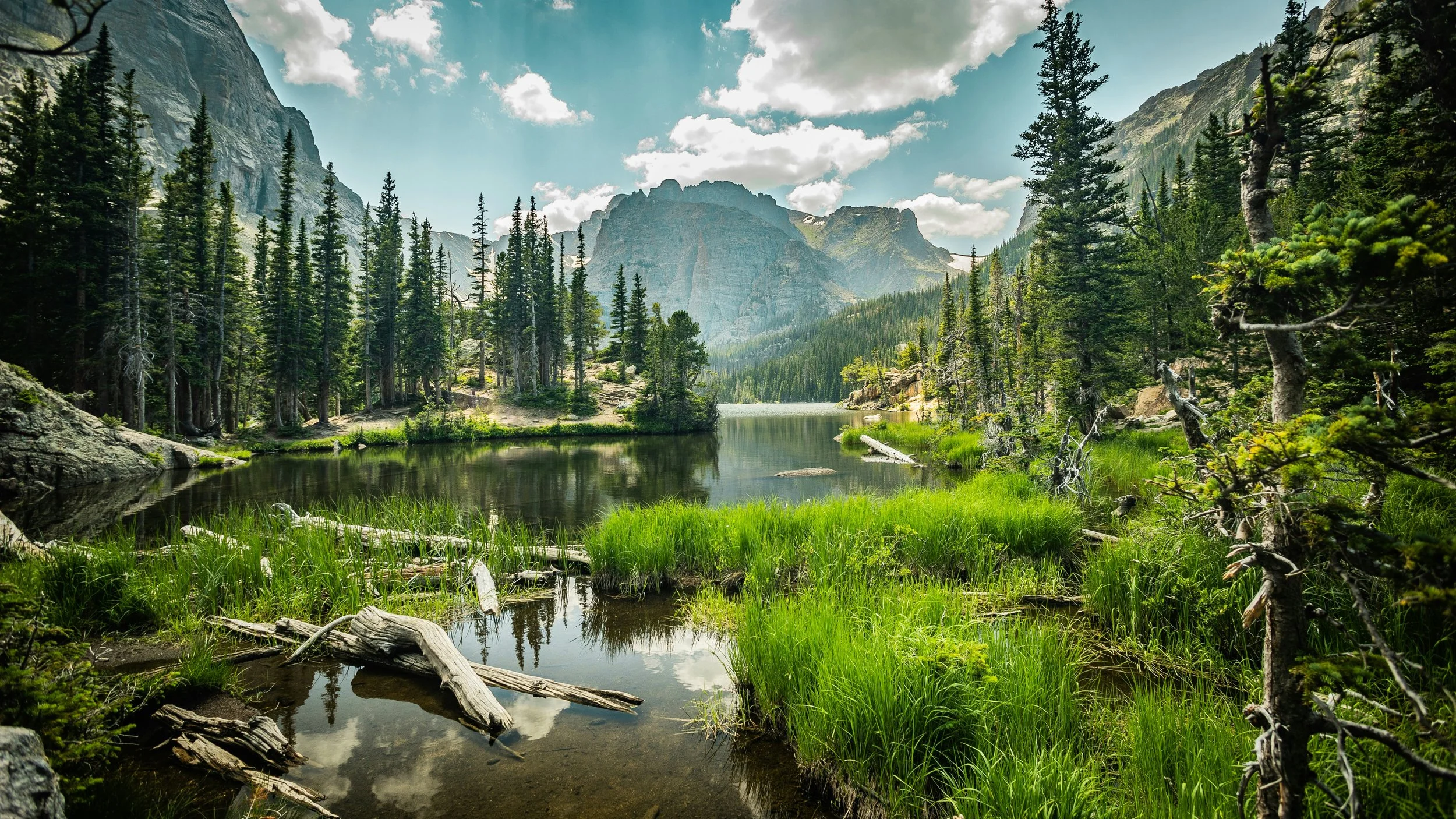Can I Scatter Ashes at a Family Member’s Grave?
For many people, the cemetery where a loved one is buried becomes a place of solace and connection. The idea of scattering their cremated remains at that same site can feel like a natural way to maintain that bond and provide closure.
However, before you proceed with scattering ashes at a family member’s grave, it's important to consider several factors, including legal regulations, cemetery rules, and the personal wishes of both the deceased and the family.
Understanding Cemetery Regulations
One of the first things to check when considering scattering ashes at a family member’s grave is the cemetery’s specific rules and regulations. While some cemeteries may allow it, others may have restrictions due to concerns about land preservation, aesthetics, or legal requirements.
Private Cemeteries: Most private cemeteries have their own set of rules for what is allowed. Many are more flexible when it comes to scattering cremated remains, but it’s essential to get permission first. Some cemeteries may allow the scattering of ashes on top of the grave or near the headstone, while others may restrict scattering in certain areas, such as walkways or gardens.
Public Cemeteries: Public cemeteries, managed by local or state governments, may have stricter rules regarding the scattering of ashes. Local authorities may require a permit for this activity or may only allow it in designated areas within the cemetery. It's crucial to reach out to the cemetery office to clarify the rules and understand any restrictions they may have.
Obtaining Permission
Before scattering ashes at a family member’s grave, obtaining permission from the cemetery management is a must. Even if the cemetery allows the practice, some cemeteries may still require a formal request or permit to ensure the scattering is done respectfully and in accordance with their policies.
Request Form: Some cemeteries may ask for a written request or application that includes details such as the specific location within the cemetery and the intended date for the scattering. This helps cemetery staff plan and ensure that the activity does not interfere with other memorial services or public areas.
Approval Process: If the cemetery requires permission, the approval process may take a few days or weeks, so be sure to plan ahead. Once you’ve received approval, the cemetery may ask that you follow specific guidelines or restrictions.
Respecting the Grave Site
While scattering ashes on a loved one’s grave can be a beautiful gesture, it’s important to do so with respect for both the deceased and other visitors to the cemetery. Here are some things to consider when scattering ashes at a family member’s grave:
Amount of Ashes: Consider how much of the ashes you plan to scatter. Some cemeteries may restrict the amount that can be scattered, especially if it’s an area with many graves. Scattering a small portion of the ashes at the grave, while keeping the remainder for another location (such as a favorite spot the deceased loved), can be a respectful way to honor their memory.
Discretion: Be mindful of the fact that others may be visiting the cemetery for their own reasons. It’s a good idea to choose a time when the cemetery is less crowded or when it’s quiet, especially if the scattering will take place near other graves. You should also clean up any materials you use, such as urns or containers, to ensure the area remains pristine.
Cultural and Religious Sensitivities: Different families and cultures have varying beliefs regarding cremation and burial. Before proceeding with the scattering, it’s a good idea to consider the values and beliefs of your family and the community. If the deceased had specific wishes regarding their final resting place, it’s important to honor those wishes.
Consider the Environment
If you do plan to scatter ashes at a family member’s grave, it’s important to think about how the ashes will interact with the environment. Cremation ashes are typically made of non-toxic materials, but it's always best to be cautious. Some tips to ensure an environmentally friendly ash scattering:
Biodegradable Urns: If you want to scatter ashes at the grave, consider using a biodegradable urn that can safely break down over time. This ensures that the urn, if used, does not leave any lasting impact on the environment.
Using a Small Shovel or Scoop: To avoid scattering too much at once, use a small shovel or scoop to gently release the ashes. This helps ensure an even, respectful scattering while minimizing the environmental impact.
Alternative Memorialization Options
If scattering ashes at a family member’s grave is not allowed, or if you're looking for other ways to honor your loved one, there are plenty of other options to explore:
Memory Gardens: Many cemeteries offer designated areas for scattering ashes or memorializing loved ones, such as memory gardens or special cremation sections. These areas are designed to be respectful spaces where families can scatter ashes or plant memorials.
Plaques and Memorials: If scattering ashes on the grave is not an option, consider other memorialization methods such as creating a commemorative plaque or headstone that reflects your loved one’s legacy. Some cemeteries offer options where the ashes can be permanently enclosed in a plaque or memorial stone.
Dedicated Scattering Locations: If scattering at the grave site isn’t feasible, consider choosing a dedicated memorial scattering site. These locations could be in natural parks, forests, or along the coast where you can scatter the ashes in a location that reflects your loved one’s interests or spirit.
Scattering ashes at a family member’s grave can be a meaningful and intimate way to say goodbye. While it’s typically allowed, it’s essential to respect cemetery regulations, obtain the necessary permits, and ensure that the process is carried out with care and consideration.
By taking the time to follow the necessary steps, you can create a fitting tribute that honors your loved one’s memory while maintaining the dignity of the resting place they’ve left behind.






























Learn more about our ash scattering service, from locations we love to couples’ scattering options.